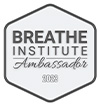Adolescent & Teen Dentistry – COPPELL, TX
Adolescent & Teen Dentistry
As your son or daughter reaches her teenage years, it is even more important to keep up with their oral hygiene and continuing good oral habits like brushing, flossing and proper nutrition. Your teen may be in orthodontic treatment, which can put them more at risk for cavities or white-spot lesions. We recommend coming in more frequently for a professional cleaning and fluoride treatment during this time. We will review brushing around brackets or appliances and flossing with them as well. Teenagers tend to snack more frequently and consume liquids high in sugar and acids, like sodas and sports drinks. We will review the pros and cons of this type of diet with them and help you make changes at home that will give them a great and healthy smile! We're here to help kids development healthy adult team with adolescent and teen dentistry.
Why Choose Melissa Rozas, DDS & Associates for Adolescent & Teen Dental Health?
- Multiple Board-Certified Pediatric Dentists
- Fun and Welcoming Dental Office
Orthodontic Evaluations

Developing malocclusions, or bad bites, can be recognized as early as 6-9 years of age with crooked teeth. Often, early steps can be taken to reduce the need for major orthodontic treatment at a later age.
Phase I – Early Treatment: This period of treatment encompasses ages 2 to 6 years. At this young age, we are concerned with underdeveloped dental arches, the premature loss of primary teeth, and harmful habits such as finger or thumb sucking. Treatment initiated in this stage of development is often very successful and many times, though not always, can eliminate the need for future orthodontic/orthopedic treatment.
Phase II – Mixed Dentition: This period covers the ages of 6 to 12 years, with the eruption of the permanent incisor (front) teeth and 6-year molars. Treatment concerns deal with jaw mal-relationships and dental realignment problems. This is an excellent stage to start treatment, when indicated, as your child’s hard and soft tissues are usually very responsive to orthodontic or orthopedic forces.
Nutrition & Sports Drinks
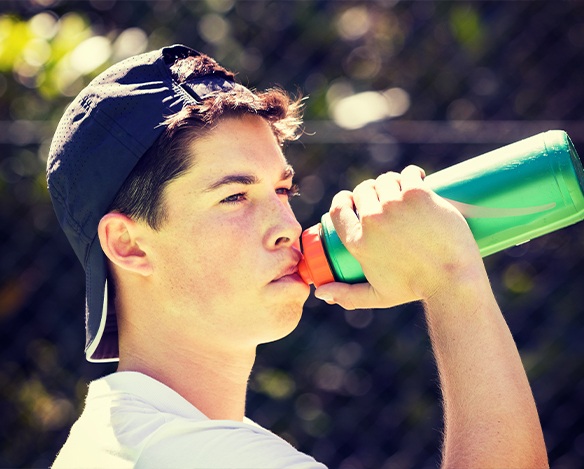
Sports drinks may quench your thirst, but they also contain high amounts of sugar and acids. These can both erode teeth incredibly easily and even dissolve fluoride-rich enamel, increasing the risk for cavities.
The best thing you can do is avoid sports drinks altogether and ask your child to hydrate themselves with plain water. Always talk to your pediatric dentist directly before using sports drinks.
If having sports drinks, make sure to:
- Swallow right away and never swish it around your mouth
- Reduce your consumption rate and the amount of time it makes contact with enamel
- Use water to rinse mouthguards
- Alternating between the sports drink and sips of water
- Look for sports drinks that are enamel friendly
Wisdom Teeth (3rd Molar)
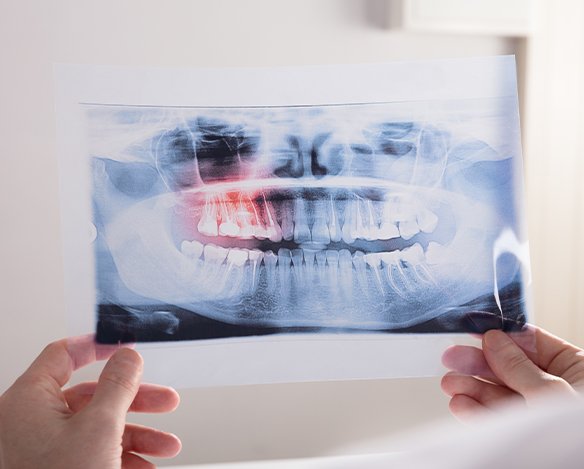
We evaluate radiographs at each exam appointment, and will make the recommendation to see an oral surgeon for consultation when we feel your child is dentally ready to have the wisdom teeth removed. Most times, it is between age 14-16 years of age, but each case is unique and we will base this on their dental development and oral assessment.
Tobacco & Vaping
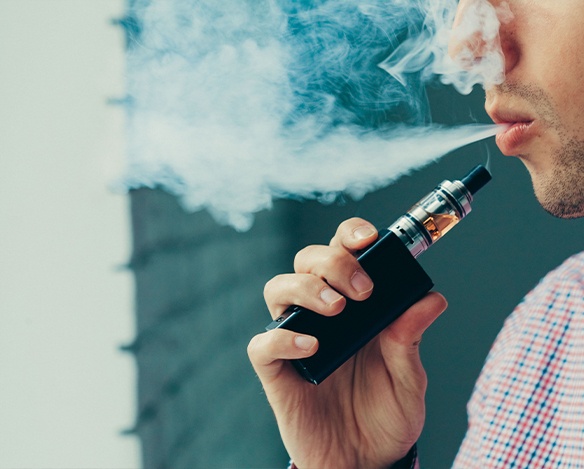
Tobacco in all forms - cigarettes, dip, or e-cigarettes - can be a major problem for your child’s overall and their oral health. We strongly encourage our parents to teach their children about the dangers of tobacco at an early age. All too often, teens believe that e-cigs or snuff is safer, but unfortunately it is not. E-cigs can be more addictive, and has been found to damage your lungs and oral tissue and increase your risks for cavities, gum recession and enamel damage.
If your child uses tobacco, please inform us, so that we may help educate them on the risks and make some recommendations.
Athletic Mouthguards
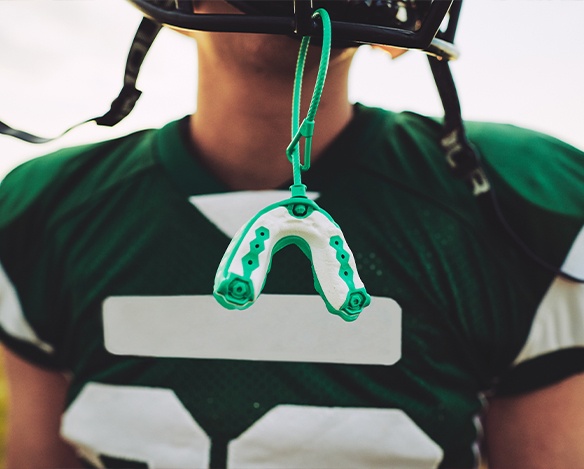
When a child begins to participate in recreational activities and organized sports, injuries can occur. A properly fitted mouth guard, or mouth protector, is an important piece of athletic gear that can help protect your child’s smile and should be used during any activity that could result in a blow to the face or mouth.
Mouth guards help prevent broken teeth, and injuries to the lips, tongue, face or jaw. A properly fitted mouth guard will stay in place while your child is wearing it, making it easy for them to talk and breathe.
Ask your pediatric dentist about custom and store-bought mouth protectors.












